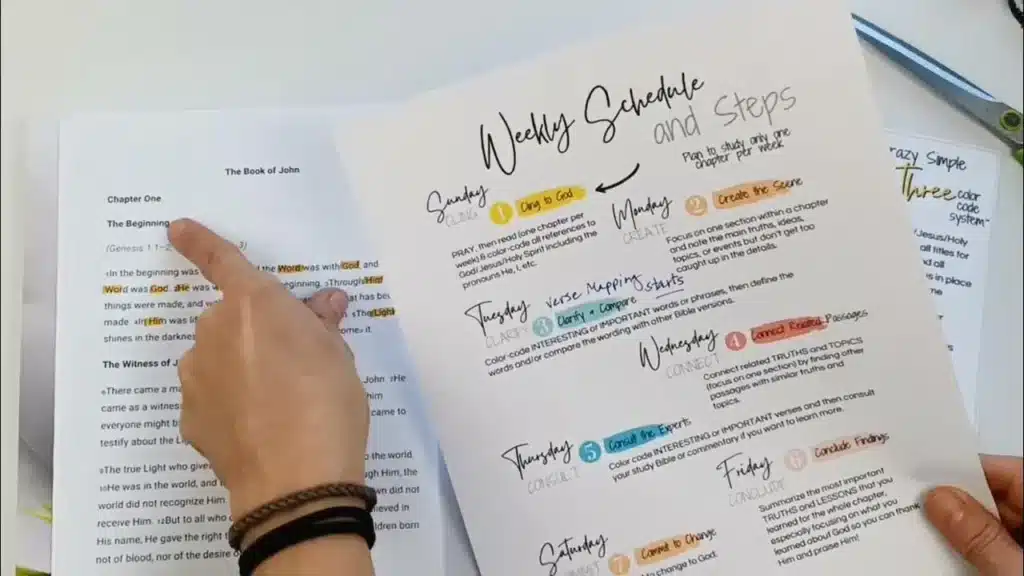
Writing revision notes can be a game-changer when it comes to studying. Not only do they help you consolidate your learning, but they also make revision more efficient and less stressful. In this article, we’ll guide you through the steps to create effective revision notes that will help you ace your exams.
Revision notes are condensed versions of your study materials. They capture the essential points, key concepts, and important details in a format that’s easy to review.
Benefits of Creating Revision Notes
Creating revision notes forces you to process and understand the material, making it easier to recall during exams. They save time during study sessions and help you focus on the most important information.
Preparing to Write Revision Notes
Before you start writing, gather all your textbooks, lecture notes, handouts, and any other relevant materials. Having everything in one place will make the process smoother.
Find a quiet, comfortable place where you can focus. A good study environment is crucial for effective note-taking. Create a revision timetable. Allocate specific times for each subject and stick to it. Consistency is key to effective revision.
Techniques for Writing Effective
Start by summarizing the information in your own words. This helps reinforce your understanding and makes the notes more personal and memorable. Bullet points and lists are great for breaking down information into manageable chunks. They make the notes easier to scan and review.
Highlighting Key Concepts
Use highlighters to emphasize important points, key terms, and concepts. This visual cue helps in quickly locating crucial information. Organize your notes with clear headings and subheadings. This structure makes it easier to navigate through the material.
Creating Mind Maps
Mind maps are a visual way to organize information. They show the relationships between different concepts and help in understanding the bigger picture. Diagrams, charts, and other visuals can simplify complex information. They are particularly useful for subjects like science and math.
Both digital and paper notes have their pros and cons. Digital notes are easily editable and portable, while paper notes can be more tangible and easier to remember.
Best Apps for Revision Notes
Apps like Evernote, OneNote, and Notion are excellent for creating and organizing digital notes. They offer features like tagging, searching, and syncing across devices. When taking digital notes, use tools like templates, voice-to-text, and cloud storage to enhance your note-taking process. Always back up your notes to avoid losing them. This technique involves explaining the topic in simple terms as if you’re teaching someone else. It helps you identify gaps in your understanding.
Spaced Repetition
Spaced repetition involves reviewing your notes at increasing intervals. This technique improves long-term retention of information. Testing yourself on the material helps reinforce learning and identify areas that need more review.
Conclusion
Writing effective revision notes is an art and a science. By summarizing information, using bullet points, incorporating visuals, and personalizing your notes, you can create a powerful tool for exam preparation. Remember to review and update your notes regularly, and don’t be afraid to adapt them to suit your personal learning style. With these strategies, you’ll be well on your way to academic success.